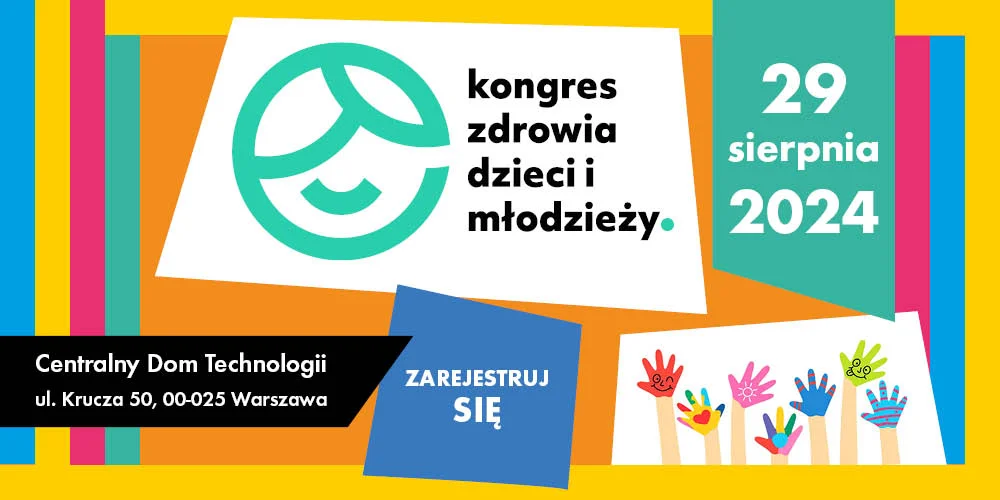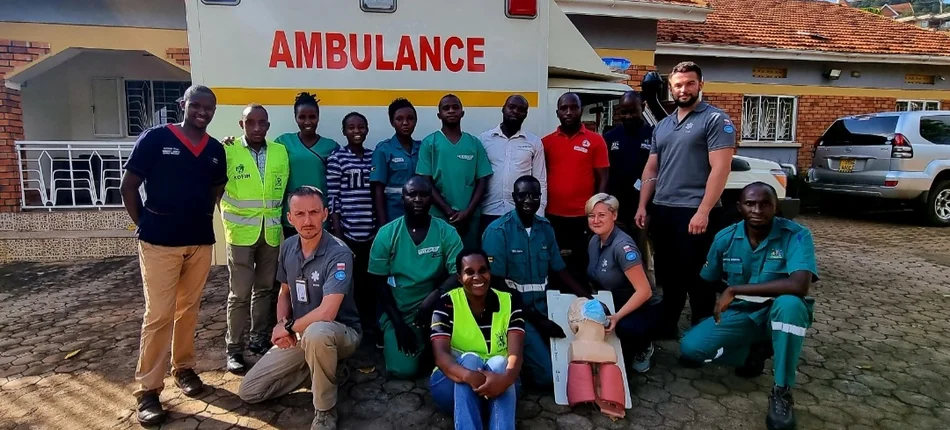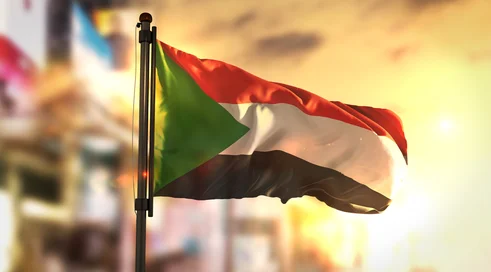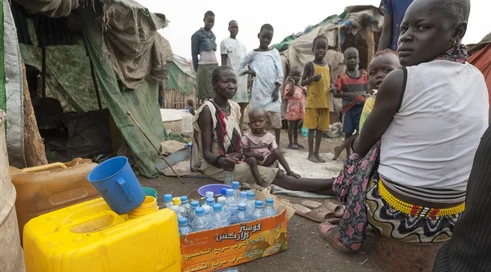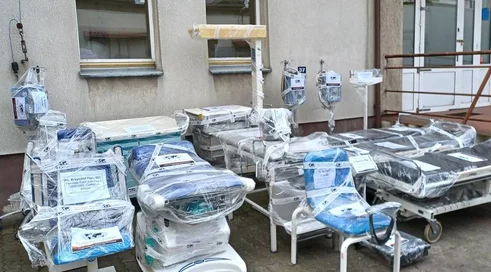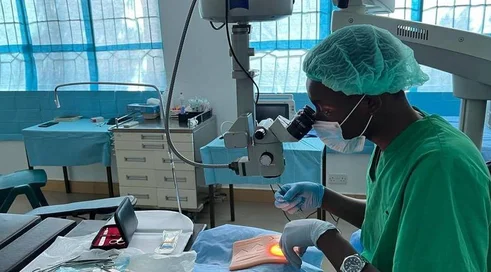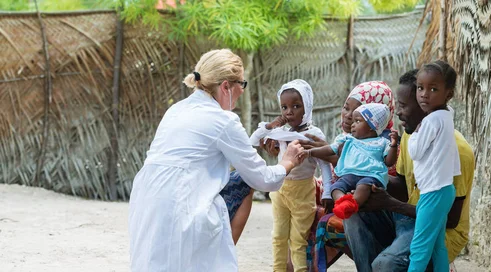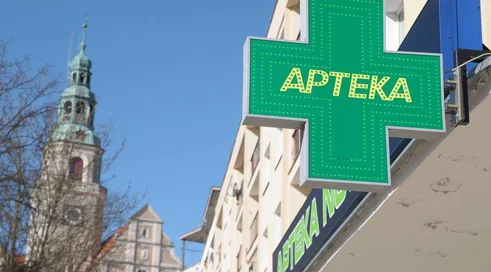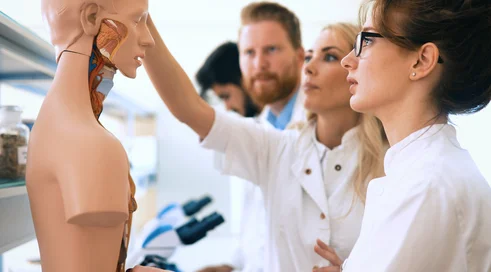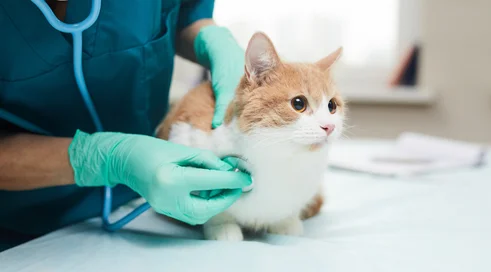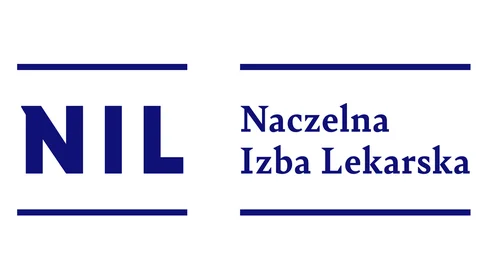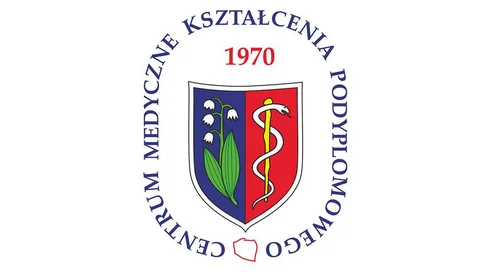Marcin Galkiewicz is an assistant at the Zabrze Emergency Department and a simulation trainer at the Zabrze Medical Simulation Center of the Silesian Medical University. He is a paramedic by training, but previously graduated in philosophy. He is also a WHO-certified volunteer with the Polish Center for International Aid. He was recently awarded the Bronze Cross of Merit by the President of Poland for his assistance to Ukrainians.
- The outbreak of war in Ukraine and the subsequent assistance carried at the border was incomparable to previous missions. After all, the conflict was taking place right on our doorstep. I felt immediate danger and fear for my loved ones," says Marcin. As a rescuer of the Provincial Ambulance Service, he set off with his colleagues to support the emergency services from Przemyśl.
- I saw thousands of people at the border. Exhausted and sick with cancer, with chronic diseases. Without any medication. People who had escaped from hospitals, had their treatment interrupted, pregnant women, just after giving birth, or very often after losing a pregnancy,...
Content locked
To gain access to the complete English section of the Medexpress.pl, kindly reach out to us at [email protected].




